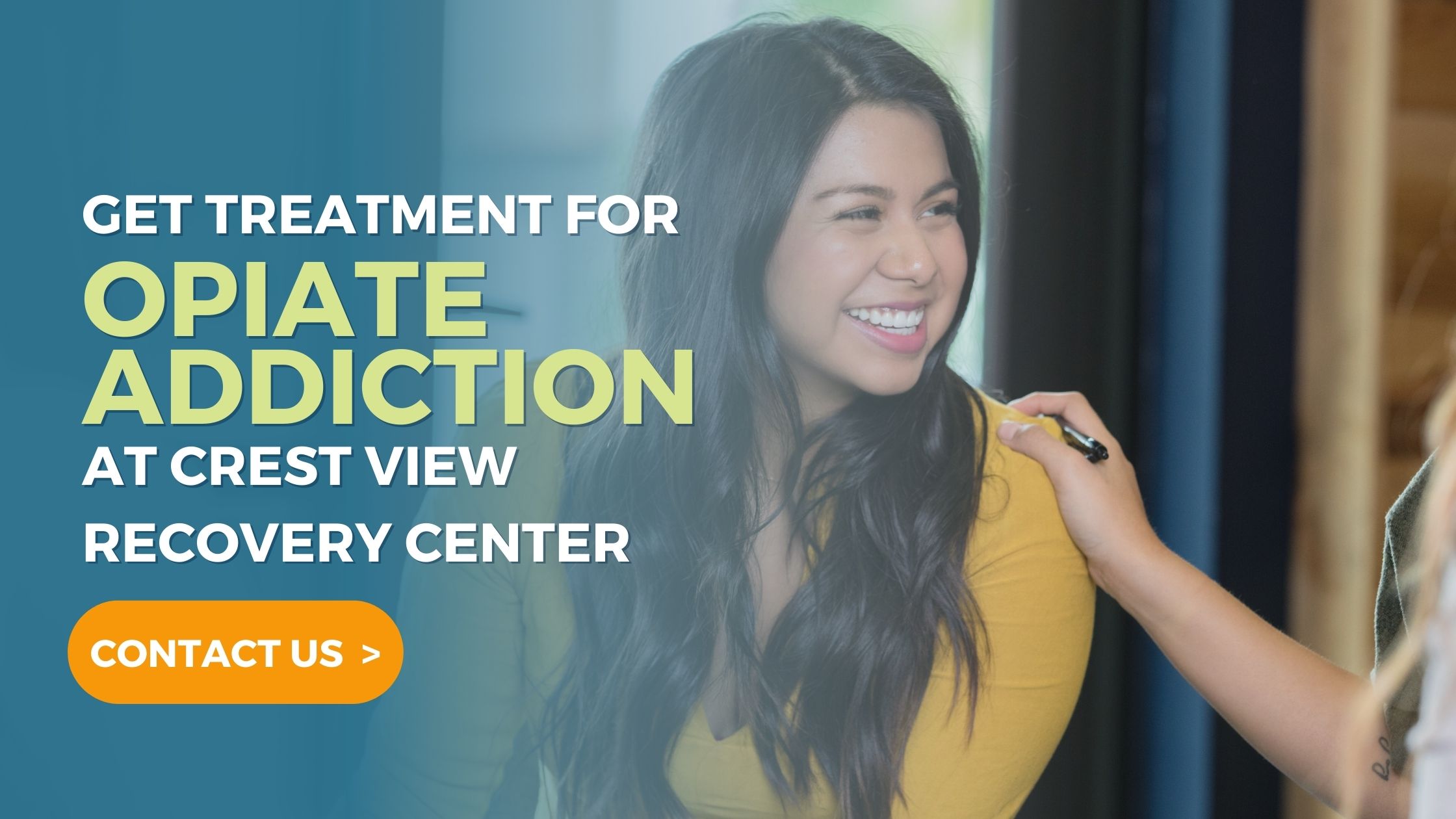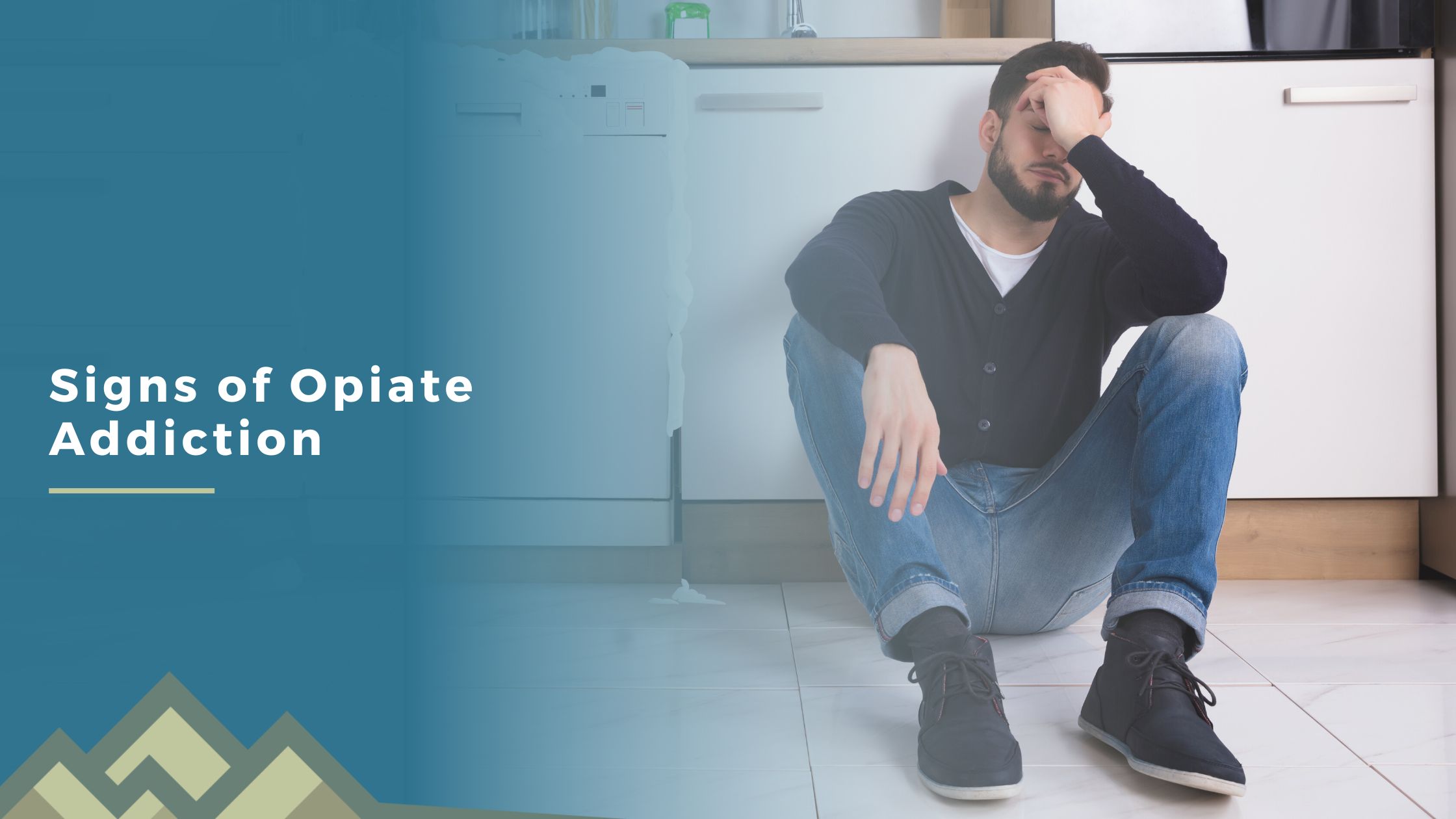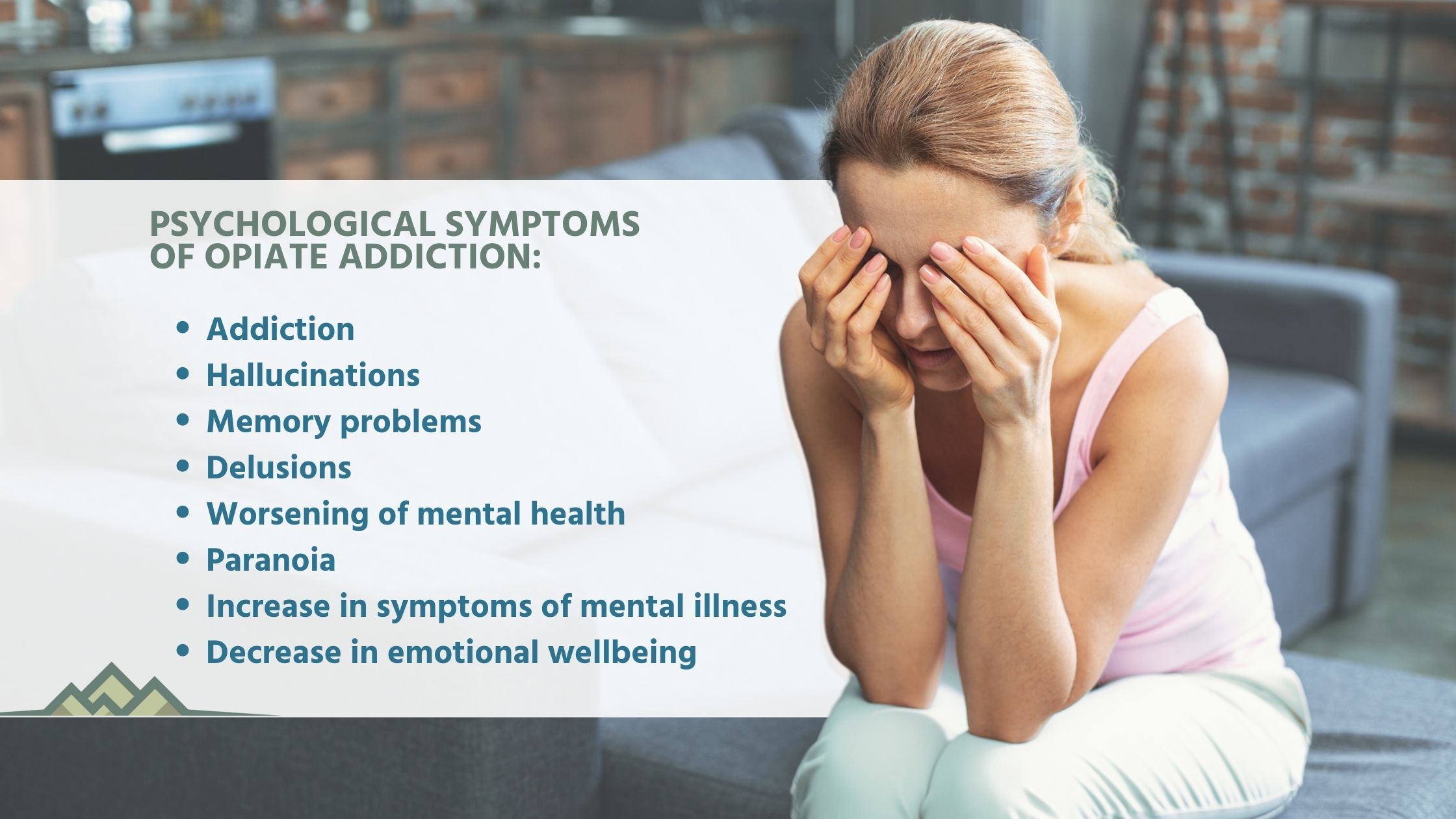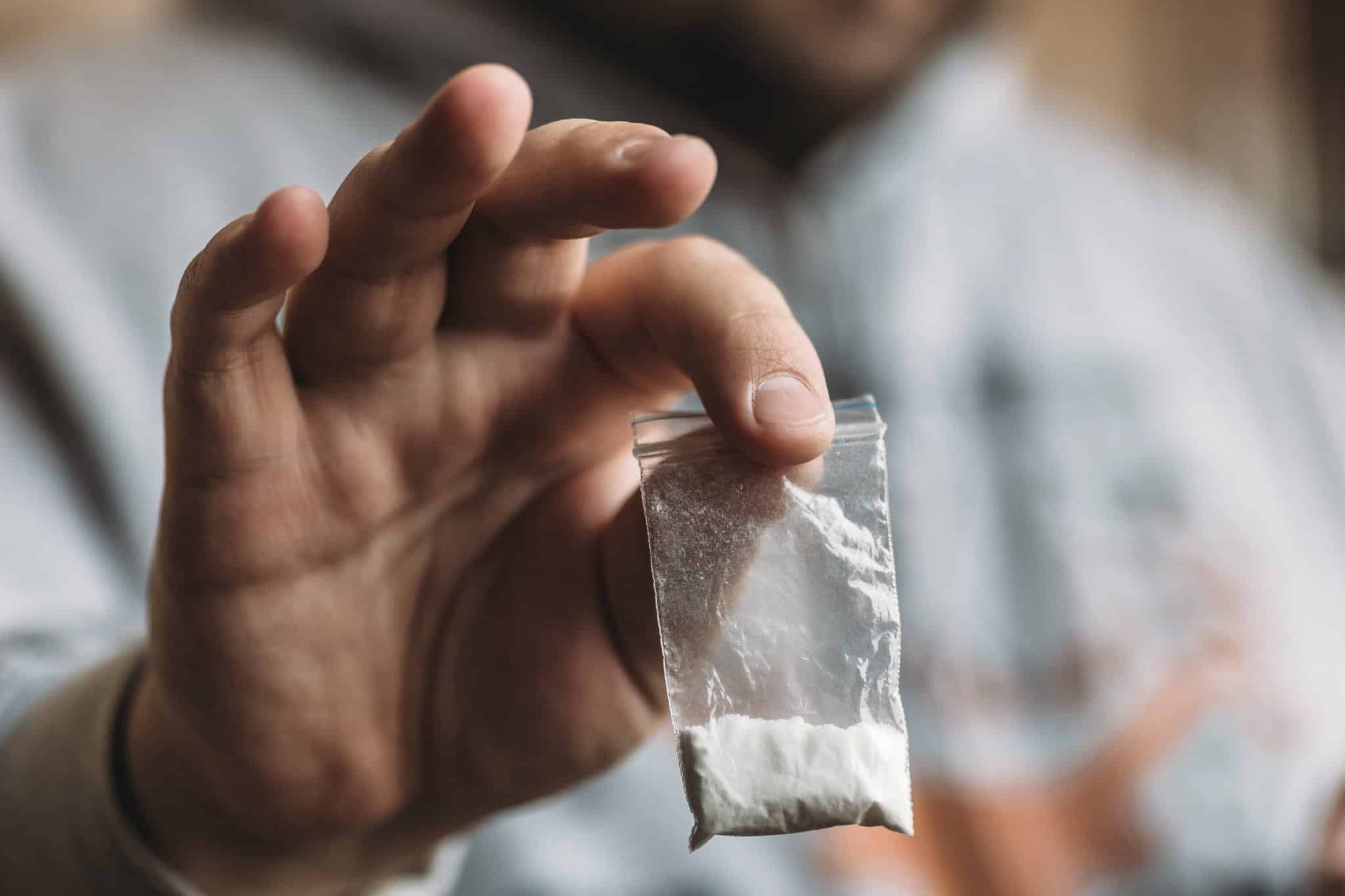Opioid painkillers, or Opiate, are narcotic drugs that a doctor would often prescribe to treat pain in patients. Codeine, methadone, oxycodone, morphine, hydrocodone, and heroin are examples of opioid drugs. Opiates are sedative painkillers that gradually depress the central nervous system to slow down bodily functions and alleviate psychological and physical pain.
Opiate medications differ in potency of the narcotic component of the prescription medication. Although most prescription opioids are used as prescribed for the length recommended without any issues, some people may develop an addiction to the way opiate painkillers make them feel.
Opiate Addiction Statistics
Since opiates are highly addictive, opioid misuse in the US has reached epidemic proportions. According to Centers for Disease Control and Prevention (CDC), over 2 million Americans struggle with opioid misuse and addiction. Statistics also show that, on average, over 90 Americans die from an opioid overdose each day, illustrating the severity of the crisis.
Causes and Risk Factors
Although the precise reason why some people become addicted to opiates while others don’t is yet to be identified, addiction is believed to be the result of numerous interrelated factors. These elements consist of the following:
Genetic factors: People are more prone to get addicted if they have a first-degree relative with an addiction disorder. Even though this is one of the factors that might contribute to the development of addiction, not all people with parents or siblings with previous addictions go on to acquire an addiction.
Biological factors: It has been hypothesized that certain people may lack the neurotransmitter “endorphins” from birth. These individuals may try to get these neurotransmitters from outside sources, like opiates, to self-medicate their inborn shortfall.
Environmental factors: People are more prone to become addicted later in life if they grow up in chaotic homes and are exposed to addiction.
Psychological factors: Since most addictions are often the result of a person’s attempt to self-medicate against untreated co-occurring mental disorders, mental illness can be a very reliable indicator of potential opiate addiction.
Signs and Symptoms of Opiate Addiction
There are numerous signs and symptoms of Opioid Addiction. Although these signs vary from person to person, the most typical signs that someone is dealing with an opiate use disorder include the following:
Mood Symptoms
- Anxiety
- Depression
- Irritability
- Mood swings
- Euphoric moods
Behavioral symptoms:
- Social isolation
- Lethargy
- Restlessness
- Stealing opioid painkillers from family and friends
- Forging doctor’s prescriptions to obtain opiates
- Robbing medication dispensaries and pharmacies
- Disregard for school, work, and home responsibilities
- Decreased performance at school or job
- Preoccupation with acquiring, using, and recovering from opiates
- Lying about the amount of drugs taken
Physical symptoms:
- Exhaustion
- Respiratory depression
- Muscle spasms
- Sedation
- Vomiting
- Insomnia
- Nausea
- Vomiting
- Constipation
- Itching
- Sweating
- Seizures
- Coma
- Death
 Psychological symptoms:
Psychological symptoms:
- Addiction
- Hallucinations
- Memory problems
- Delusions
- Worsening of mental health
- Paranoia
- Increase in symptoms of mental illness
- Decrease in emotional wellbeing
Long-term Side Effects of Opiate Misuse
The damage to the body’s essential organs is the most harmful long-term adverse effect of opiate misuse. One may also experience psychological problems, including difficulty concentrating, depression and anxiety. Potential long-term negative effects of various opiate medications are:
- Vein damage resulting from intravenous administration
- Severe constipation
- Emotional instability
- Lack of concentration
- Liver damage
- Depression
- Insomnia
The Dangers of Opiate Misuse
Opiates can be used in various ways and come in a wide range of forms. These medications are often administered as oral tablets or capsules. While most individuals legitimately receive prescription medication from their doctor, others may steal or borrow medication from friends or relatives, which is illegal.
To get the strongest high attainable, someone who misuses painkillers may experiment with different opiate administration techniques. For instance, pills may be broken into powder and then snorted. Pill powder may also be injected directly into veins after being dissolved in a liquid.
Injecting and snorting opioids provide an instant “rush” that’s far stronger than when taken as pills. However, an unexpected increase in these substances in your body might result in potentially fatal issues, including overdose and respiratory failure.
Misuse of these medications is extremely risky for two major reasons. The first is their high level of addiction. As a result, there is a significant chance that misusing them might lead to an addiction to opiates; in fact, studies estimate that 3 out of every 4 heroin users first used prescription opiates. The second risk factor is their high potency, making them hazardous. They can easily suppress your breathing, causing death. Therefore, besides being addictive, they are potentially fatal.
Other serious risks of opiate misuse may include the risk of contracting HIV/AIDS from shared injection needles and Neonatal abstinence syndrome, which occurs when a pregnant woman is battling opiate use disorder.
Opiate Rehab at Crest View Recovery

If you would like more information or want to enroll in one of our programs, please contact us today.


 Psychological symptoms:
Psychological symptoms:

